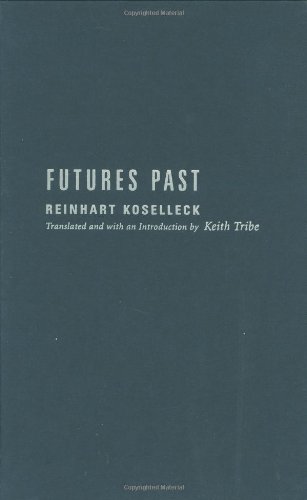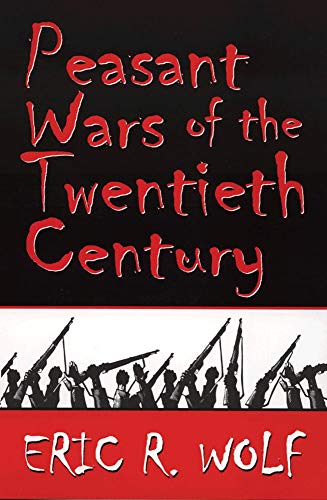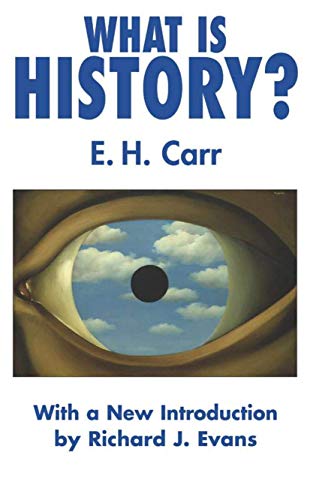The Greatest Books of History
Explore the greatest books of history with our curated list of timeless classics. Discover influential works that shaped civilizations, from ancient epics to modern masterpieces.


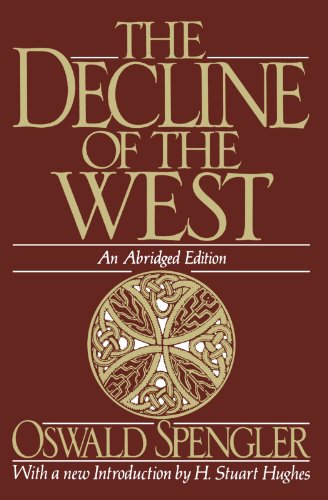
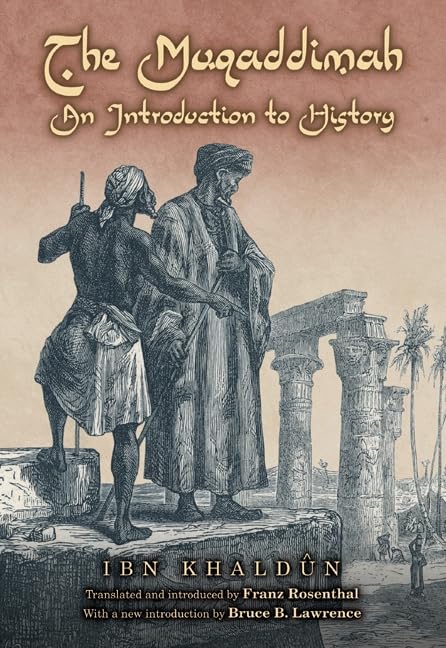
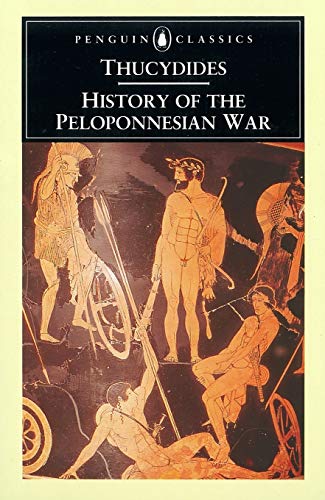
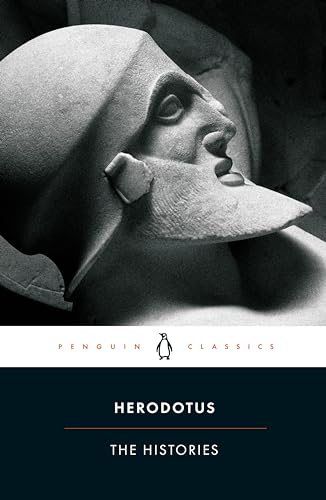
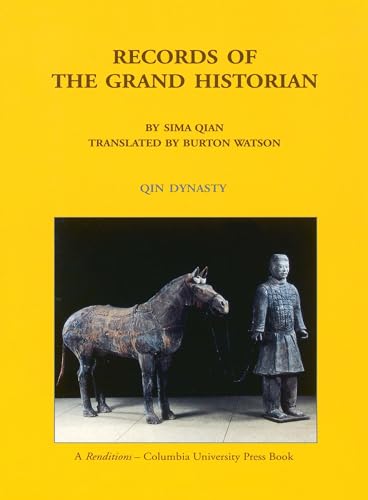
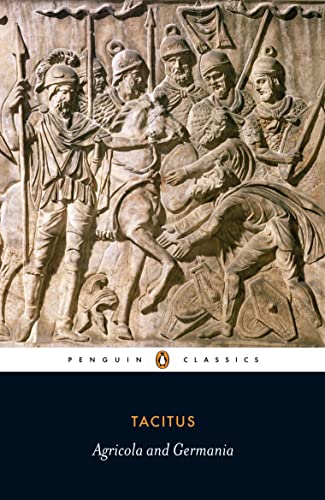
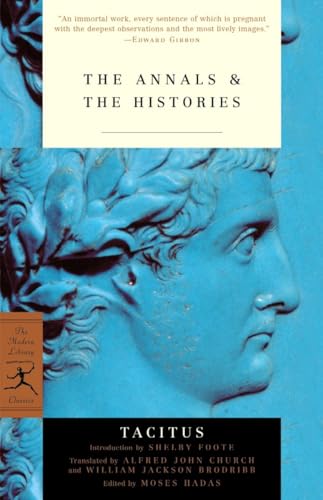
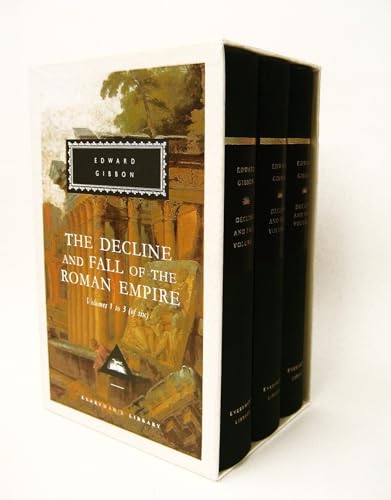

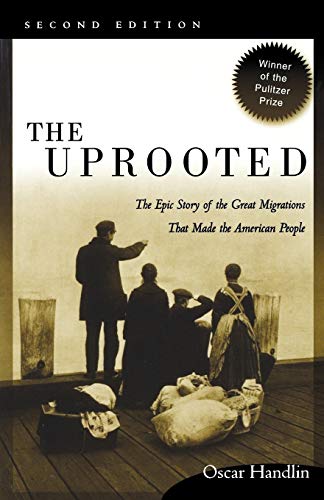
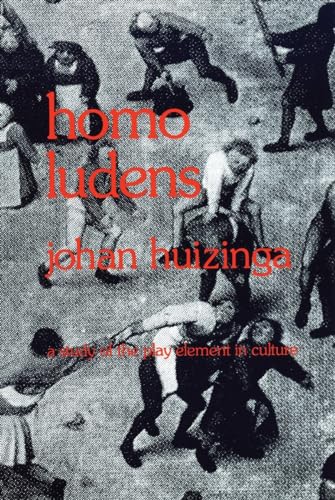
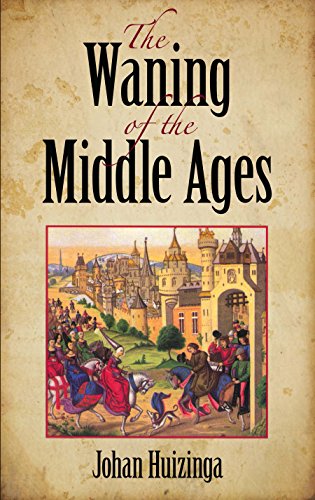
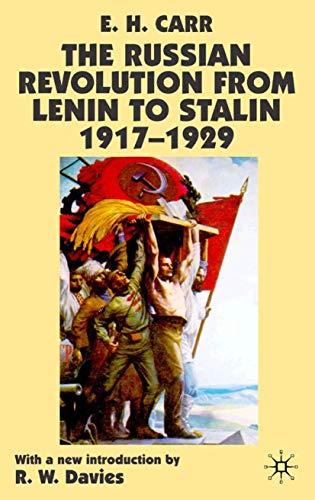
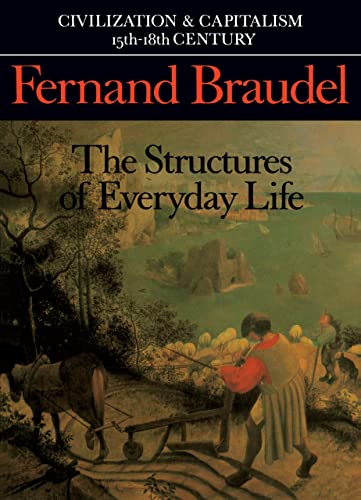

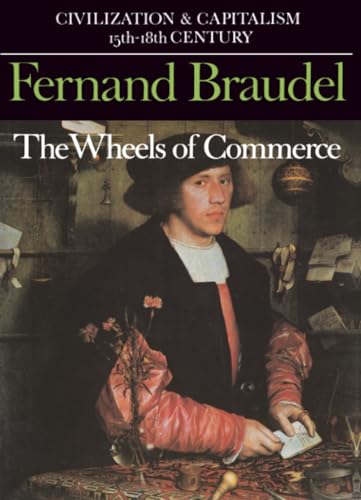
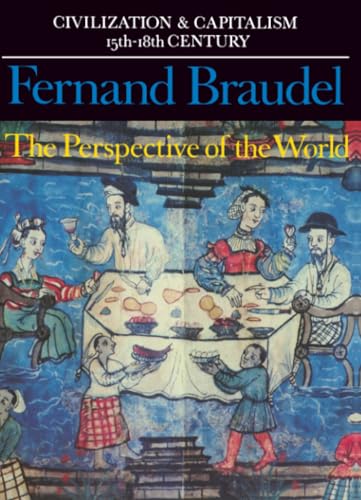

Book
The Making of the English Working Class
by E.P. Thompson
A seminal text on the history of the working class by one of the most important intellectuals of the twentieth century. During the formative years of the Industrial Revolution, English workers and artisans claimed a place in society that would shape the following centuries. But the capitalist elite did not form the working class—the workers shaped their own creations, developing a shared identity in the process. Despite their lack of power and the indignity forced upon them by the upper classes, the working class emerged as England’s greatest cultural and political force. Crucial to contemporary trends in all aspects of society, at the turn of the nineteenth century, these workers united into the class that we recognize all across the Western world today. E.P. Thompson’s magnum opus, The Making of the English Working Class defined early twentieth-century English social and economic history, leading many to consider him Britain’s greatest postwar historian. Its publication in 1963 was highly controversial in academia, but the work has become one of the most influential social commentaries every written.

Book
Plagues and Peoples
by William McNeill
The history of disease is the history of humankind: an interpretation of the world as seen through the extraordinary impact—political, demographic, ecological, and psychological—of disease on cultures. "A book of the first importance, a truly revolutionary work." —The New Yorker From the conquest of Mexico by smallpox as much as by the Spanish, to the bubonic plague in China, to the typhoid epidemic in Europe, Plagues and Peoples is "a brilliantly conceptualized and challenging achievement" (Kirkus Reviews). Upon its original publication, Plagues and Peoples was an immediate critical and popular success, offering a radically new interpretation of world history. With the identification of AIDS in the early 1980s, another chapter was added to this chronicle of events, which William McNeill explores in his introduction to this edition. Thought-provoking, well-researched, and compulsively readable, Plagues and Peoples is essential reading—that rare book that is as fascinating as it is scholarly, as intriguing as it is enlightening.

Book
The Rise of the West
by William H. McNeill
The Rise of the West, winner of the National Book Award for history in 1964, is famous for its ambitious scope and intellectual rigor. In it, McNeill challenges the Spengler-Toynbee view that a number of separate civilizations pursued essentially independent careers, and argues instead that human cultures interacted at every stage of their history. The author suggests that from the Neolithic beginnings of grain agriculture to the present major social changes in all parts of the world were triggered by new or newly important foreign stimuli, and he presents a persuasive narrative of world history to support this claim. In a retrospective essay titled "The Rise of the West after Twenty-five Years," McNeill shows how his book was shaped by the time and place in which it was written (1954-63). He discusses how historiography subsequently developed and suggests how his portrait of the world's past in The Rise of the West should be revised to reflect these changes. "This is not only the most learned and the most intelligent, it is also the most stimulating and fascinating book that has ever set out to recount and explain the whole history of mankind. . . . To read it is a great experience. It leaves echoes to reverberate, and seeds to germinate in the mind."—H. R. Trevor-Roper, New York Times Book Review
